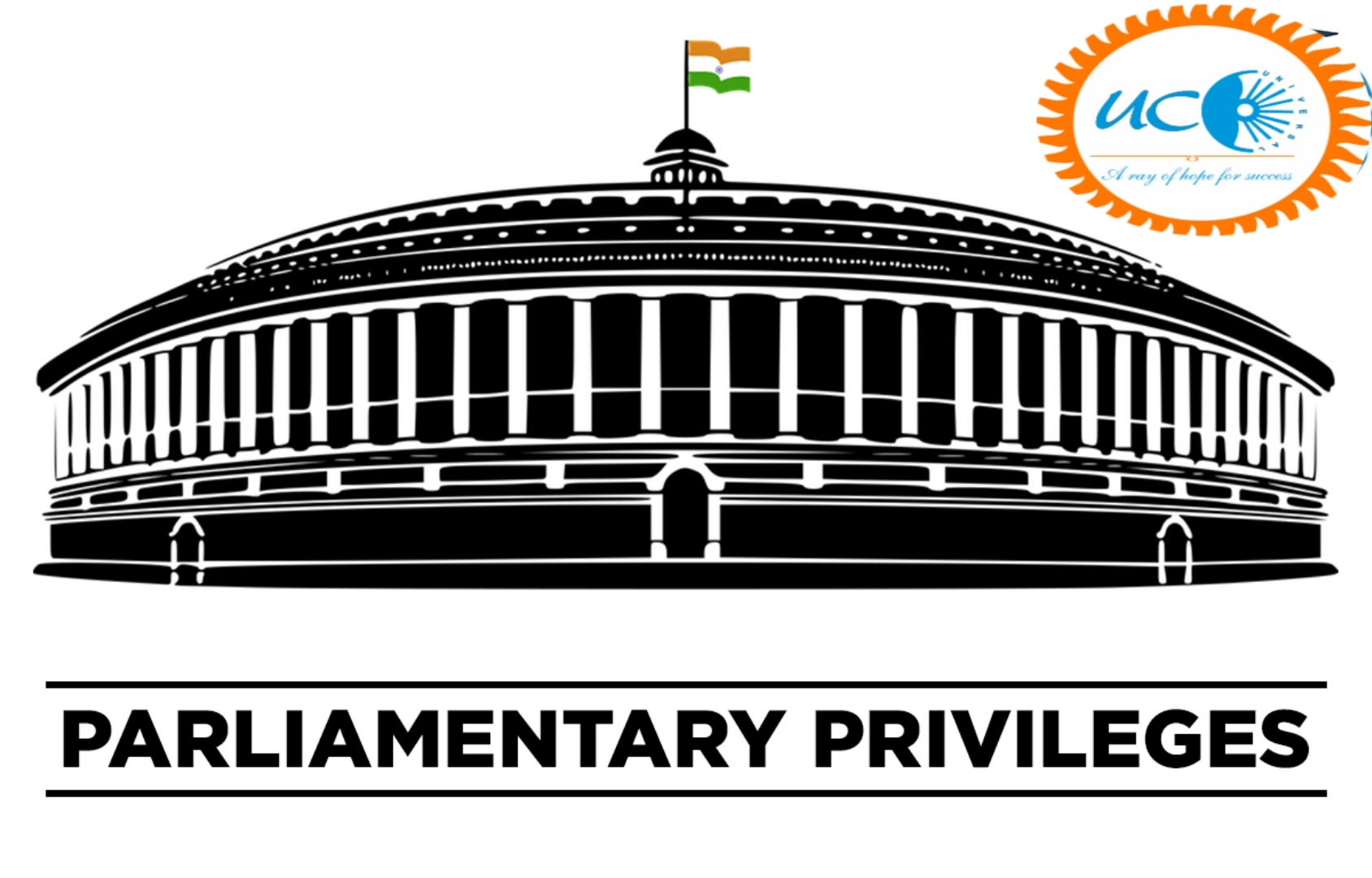Discuss the need for codification of parliamentary privileges in India, in light of the uncertainty and ambiguity around them.
Parliamentary privileges are certain rights and immunities enjoyed by the Members of Parliament (MPs) under Article 105 of the Constitution, individually and collectively, so that they can ‘effectively discharge their functions’. The privileges include freedom of speech in House proceedings, freedom from arrest in civil cases for a certain period when the House is in session, prohibiting publishing of proceedings etc. The Constitutional provision does not exhaustively enumerate the privileges of the two Houses. It specifically defines only a few privileges, but, for the rest, it assimilates the position of a House to that of the British House of Commons, which gives rise to ambiguities and uncertainties. In this context, there is a need for codification of Parliamentary privileges in India, as:
- Codification would help put forth checks and balances on the privileges and prevent their misuse in terms of curbing the freedom of the press unnecessarily.
- It would ensure that the principle of natural justice prevails. Currently, the MPs have not only the right to be the judge in their own case but also decide what is considered a breach and what punishment should be given for that breach.
- Written privileges would strictly subject it to the fundamental rights of the citizens and would come under the judicial purview, thereby preventing absolute sovereignty of the Parliament over the privileges.
- The House of Commons, from which the Parliamentary privileges are inspired, has itself broken from the past – acts and utterances defamatory of the Parliament or its members are no longer treated as privilege questions.
- It would prevent frequent disruptions in the Parliament, since the MPs would not have unbridled power of immunity to enable shouting and creating ruckus over petty matters in order to grab public attention.
- The expression “until so defined” under Article 105 does not mean an absolute power not to define privileges at all.
- It would strengthen the right of information of the citizens with respect to things said or done during the Parliamentary sessions, as the ambiguity with respect to what information constitutes or does not constitute breach of privileges would be clearly demarcated. However, there is no doubt about the fact that privileges are required for enabling the legislators to perform their functions independently and effectively as well as for maintaining the dignity, honour and authority of the Houses. However, this can be ensured through codification as well. Proper checks and balances and responsible use of power are in line with the democratic principles of our nation. Thus, popular sovereignty as opposed to Parliamentary sovereignty must reign supreme in our polity.




